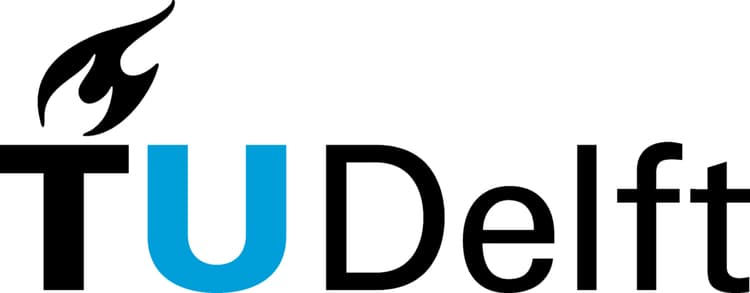Postdoc in Hearing Aid Signal Processing
Excited to shape the future of hearing aids? Ready to combine your expertise in Signal Processing, Optimization and Machine learning with Perception and Intelligibility?
Good hearing is essential for active participation in society. Hearing impairments can lead to various challenges, from frustration and social isolation—such as difficulties understanding speech in noisy environments—to serious safety risks, like the inability to localize sound sources in traffic.
Hearing aids help mitigate hearing loss by enhancing speech intelligibility, improving sound localization, and increasing environmental awareness. However, most existing hearing aid algorithms optimize for only one of these objectives at a time, often at the expense of the others. To enhance hearing aid performance across diverse scenarios, we aim to develop innovative algorithms that dynamically balance the improvement of speech intelligibility, sound localization, and environmental awareness, dependent on the context.
To tackle this challenge, we are seeking a postdoctoral researcher with expertise in speech signal processing, optimization, machine learning, and models of hearing and perception.
This is a full-time, three-year position within the audio and speech processing team of the Signal Processing Systems (SPS) Section. In the SPS section, we conduct research in array signal processing, graph signal processing, convex optimization, distributed processing, machine learning, and tensor analysis. Our applications span various domains, including audio and acoustics, wireless communication, radio astronomy, biomedical signal processing, and distributed sensing from space.
Your Role
- Conduct innovative research on signal processing for hearing aids.
- Contribute to writing research proposals.
- Assist with the supervision of students and teaching activities.
Job requirements
- PhD in a relevant field (e.g., electrical engineering, acoustics, or a related discipline).
- Strong background in speech signal processing, machine learning, and optimization.
- Experienced with models of hearing and perception.
- Experienced with C/C++ and/or Matlab/Python.
- Good communication skills for interaction with the other members of the team are expected.
- Good English language skills in order to closely cooperate with colleagues and students as well as to write scientific papers.
Conditions of employment: Duration of contract is 3 years (1.5 year and potentially extendable with another 1.5 year). A job of 36-40 hours per week. Salary and benefits are in accordance with the Collective Labour Agreement for Dutch Universities.
Whoops! This job is not yet sponsored…
Or, view more options below
View full job details
See the complete job description, requirements, and application process
Express interest in this position
Let Delft University of Technology know you're interested in Postdoc in Hearing Aid Signal Processing
Get similar job alerts
Receive notifications when similar positions become available
